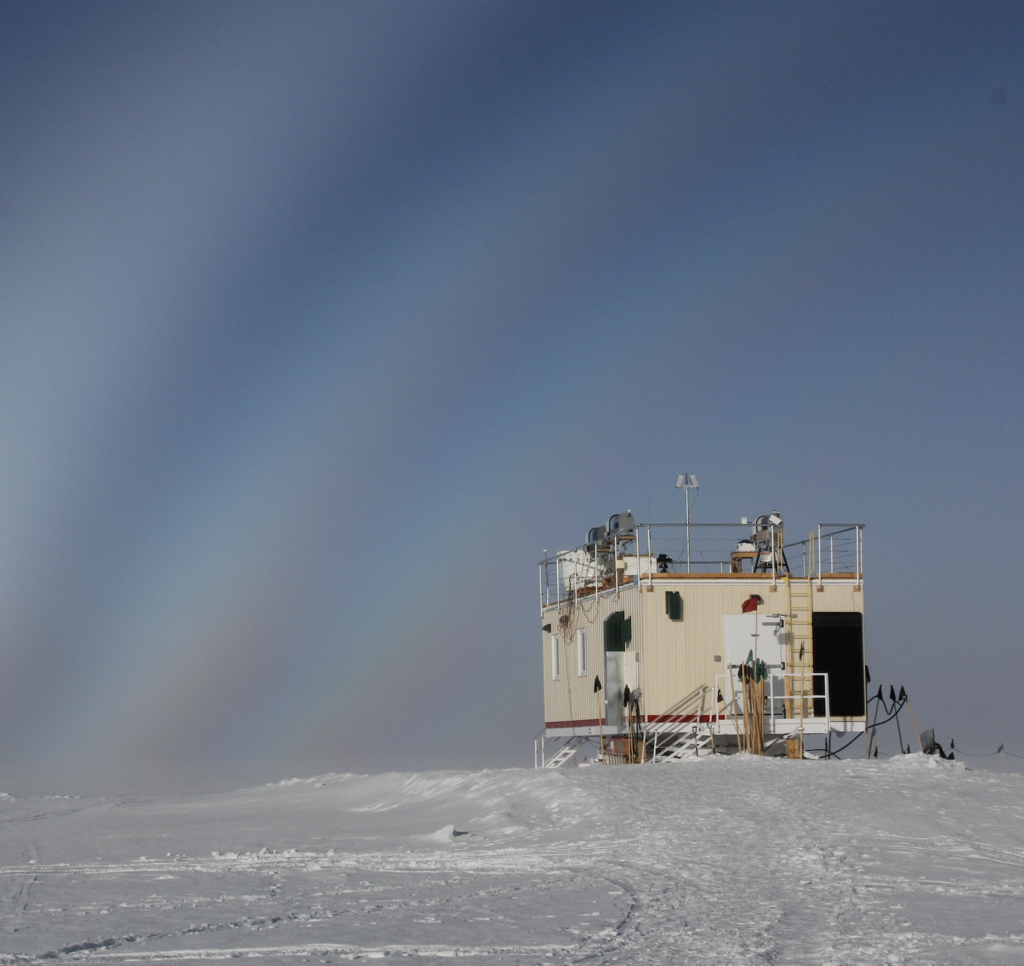
Intro. to Atmospheric Radiation
CLIMATE / SPACE / EARTH 380 / 381
Upon successful completion of this course,
students will be able to:
- Understand the impacts of solar and terrestrial radiative transfer on energy balance
- Relate spectral atmospheric absorption, emission, transmission, and reflection to different atmospheric constituents
- Solve fundamental radiative transfer problems involving absorption, emission, transmission, and scattering
- Fall 2023 Syllabus

Cloud and Precipitation Processes
CLIMATE / EARTH 411
Upon successful completion of this course,
students will be able to:
- Demonstrate an understanding of key physical processes essential in the formation of clouds and precipitation
- Assess different cloud types based on specific macro- and micro-physical characteristics such as location, size, hydrometeor phase, and texture
- Describe the role of aerosols in the formation of liquid droplets and ice particles within clouds as well as the impact of aerosols on cloud lifetime, climate, and precipitation
- Outline key differences between warm, cold, and mixed-phase cloud and precipitation processes
- Summarize and analyze different means of observing clouds and precipitation from a range of platforms
- Winter 2022 Syllabus
